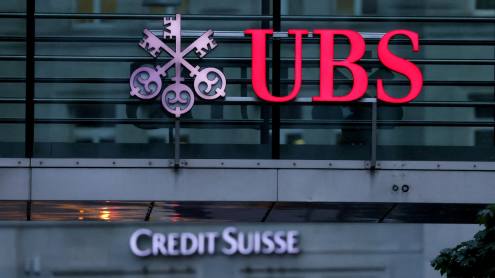The five-year-old political rapprochement between Greece and Turkey has contributed to a 60% increase in bilateral trade, but only one major investment has taken place in the financial sector so far.
The Greek decision to back Turkey’s candidacy for EU membership has significantly reduced perceptions of political risk in the Aegean region. If Turkish accession negotiations start on October 3 as scheduled, several Greek banks may try to accelerate entry to the Turkish market through acquisitions or joint ventures with a local partner.
For Greek banks, Turkey marks the next stage of a strategic expansion across south-east Europe, where increased political stability and strong economic growth have triggered a sharp rise in retail lending. Five Greek banks have invested around €2bn to date to make acquisitions and build networks in Romania, Bulgaria, Serbia, Macedonia and Albania. Turkey is seen as critical to building a regional franchise that would enable Greek banks to maintain competitiveness in the EU market.
EFG Eurobank, the private Greek bank controlled by the Swiss-based Latsis group, has taken the first step by acquiring a majority stake in HC Istanbul Holding, a fast-growing Turkish brokerage house for $25m (€20m). EFG says it sees attractive opportunities in both equity and debt markets.
Syndicated lending and project finance are other areas where Greek and Turkish banks could co-operate. And local knowledge could give EFG an edge when it comes to evaluating potential acquisitions.
National Bank of Greece, the country’s biggest bank, is considering possible investments from its representative office in Istanbul, while Alpha Bank, which organised the Athens meeting in partnership with Turkey’s Isbank, is also looking for a strategic partnership.
Rather than compete with a big European bank seeking a Turkish acquisition, a Greek bank would seek a strategic stake in a smaller Turkish bank. Developing mortgage lending, which is well established in Greece but still at an early stage in Turkey, could be a priority. As one participant in the Athens meeting put it: “The Greeks already have an international outlook, while the Turks, with a much bigger potential market, are starting down the same road. There are sound reasons for getting together.”











